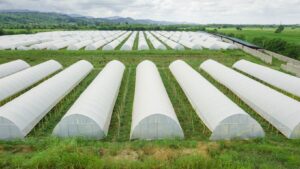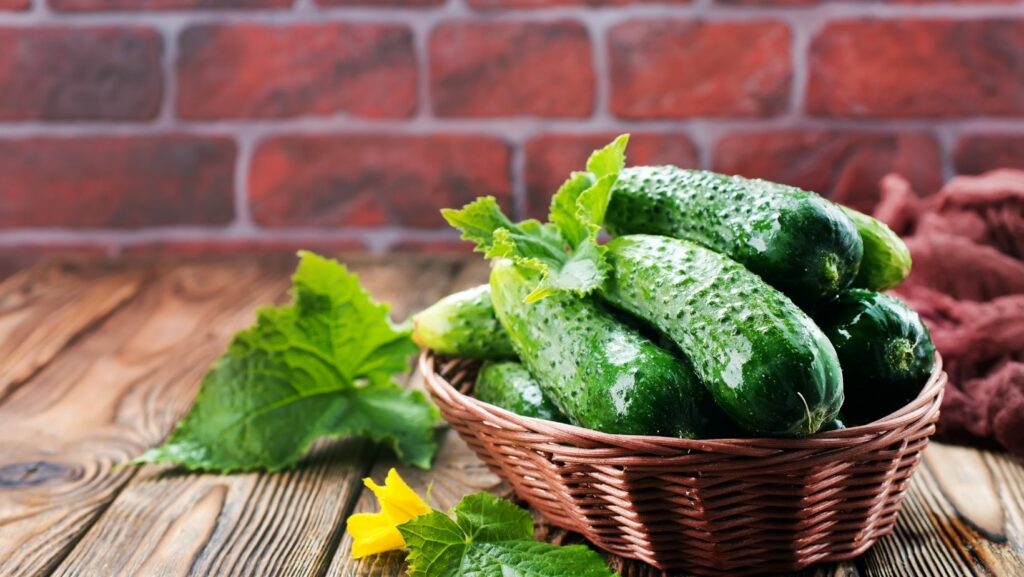 In today’s world, the demand for sustainable solutions is more pressing than ever. Sustainable bioproducts have emerged as a promising alternative to traditional products, offering environmentally friendly options that reduce our reliance on finite resources. These bioproducts are derived from renewable materials, making them a key player in the shift towards a more eco-conscious society. From biodegradable packaging to biofuels and beyond, sustainable bioproducts encompass a wide range of innovations that prioritize both performance and planet. As consumers become increasingly aware of the impact of their choices, the appeal of bioproducts continues to grow. Embracing sustainability doesn’t mean sacrificing quality; it means reimagining the way we produce and consume goods for a brighter, greener future.
In today’s world, the demand for sustainable solutions is more pressing than ever. Sustainable bioproducts have emerged as a promising alternative to traditional products, offering environmentally friendly options that reduce our reliance on finite resources. These bioproducts are derived from renewable materials, making them a key player in the shift towards a more eco-conscious society. From biodegradable packaging to biofuels and beyond, sustainable bioproducts encompass a wide range of innovations that prioritize both performance and planet. As consumers become increasingly aware of the impact of their choices, the appeal of bioproducts continues to grow. Embracing sustainability doesn’t mean sacrificing quality; it means reimagining the way we produce and consume goods for a brighter, greener future.
Sustainable Bioproducts
Highlighting the innovation and importance of sustainable bioproducts, these eco-friendly alternatives made from renewable materials significantly contribute to promoting environmental consciousness in society. From biodegradable packaging to biofuels, sustainable bioproducts represent a diverse range of innovations that are gaining popularity as consumer awareness of their benefits continues to grow. Embracing these products not only improves quality but also reshapes production and consumption practices towards a greener future.
Advantages and Challenges of Sustainable Bioproducts
Environmental Benefits
Sustainable bioproducts offer significant environmental benefits by reducing carbon footprint and dependence on finite resources. They contribute to lower greenhouse gas emissions and help mitigate climate change. By utilizing renewable materials, these products promote biodiversity and minimize environmental impact throughout their life cycle.
Economic Considerations
 Incorporating sustainable bioproducts into various industries can lead to long-term economic advantages. While initial production costs may be higher, the potential for cost savings through reduced environmental regulations and improved resource efficiency is substantial. Additionally, the growing demand for eco-friendly products presents opportunities for market expansion and increased competitiveness for businesses investing in sustainable bioproducts.
Incorporating sustainable bioproducts into various industries can lead to long-term economic advantages. While initial production costs may be higher, the potential for cost savings through reduced environmental regulations and improved resource efficiency is substantial. Additionally, the growing demand for eco-friendly products presents opportunities for market expansion and increased competitiveness for businesses investing in sustainable bioproducts.
Case Studies of Successful Sustainable Bioproducts
Illustrating real-world examples can enhance understanding and showcase the practical applications of sustainable bioproducts. Below are notable case studies that exemplify successful implementation and impact of sustainable bioproducts in various industries:
- Bio-Based Plastic Packaging:
- A leading beverage company transitioned from conventional plastic packaging to biodegradable plant-based bottles, reducing plastic waste and environmental impact. This shift not only aligned with consumer preferences for sustainable packaging but also demonstrated the feasibility and effectiveness of bioproducts in large-scale operations.
- Renewable Energy from Biomass:
- An agricultural cooperative successfully converted agricultural waste into biofuels, providing a clean and renewable energy source for local communities. This initiative significantly reduced reliance on fossil fuels and minimized greenhouse gas emissions, showcasing the versatility and sustainability of bioproducts in the energy sector.
- Sustainable Timber Construction:
- A construction company adopted sustainably sourced timber for building projects, promoting responsible forest management and biodiversity conservation. By replacing traditional materials with eco-friendly alternatives, the company not only reduced its environmental footprint but also set a precedent for sustainable practices in the construction industry.
These case studies underscore the diverse applications and benefits of sustainable bioproducts across different sectors, reinforcing their potential to drive positive environmental, economic, and social change.
Future Outlook and Trends in Sustainable Bioproducts
 Highlighting the future outlook and trends in sustainable bioproducts, the industry is poised for continued growth and innovation. As consumer preferences shift towards eco-friendly alternatives, sustainable bioproducts are expected to play an increasingly vital role in various sectors. The versatility of these products, ranging from biodegradable packaging to biofuels, positions them as key players in fostering environmental sustainability. With advancements in technology and research, the development of sustainable bioproducts is likely to accelerate, leading to more efficient production processes and expanded applications. Companies investing in sustainable bioproducts stand to benefit not only from meeting consumer demand but also from gaining a competitive edge in the market. As awareness of environmental issues rises, the demand for these products is expected to soar, driving further innovation and creating new opportunities for growth.
Highlighting the future outlook and trends in sustainable bioproducts, the industry is poised for continued growth and innovation. As consumer preferences shift towards eco-friendly alternatives, sustainable bioproducts are expected to play an increasingly vital role in various sectors. The versatility of these products, ranging from biodegradable packaging to biofuels, positions them as key players in fostering environmental sustainability. With advancements in technology and research, the development of sustainable bioproducts is likely to accelerate, leading to more efficient production processes and expanded applications. Companies investing in sustainable bioproducts stand to benefit not only from meeting consumer demand but also from gaining a competitive edge in the market. As awareness of environmental issues rises, the demand for these products is expected to soar, driving further innovation and creating new opportunities for growth.

